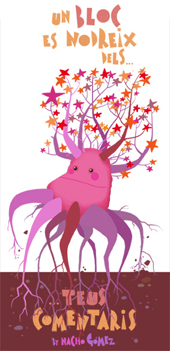Investigating Languages.
There are lots of different models for delivering MFL at KS2 , and the Pathfinder projects investigated a number of them. Coventry City Council was one of those Pathfinder LAs and developed an interesting project called Language Detectives, now Investigating Languages. I had heard a basic outline of what it involved and the theory behind it but never actually seen any of the materials or had the detail explained so, as I was starting to feel a bit of a fraud when I mentioned it as a model then failed to give any further detail, and also because I wanted to know, I jumped at the chance to attend Sian James’ presentation.
- It’s ideal for the non-specialist as there is no call for knowledge of a specific language.
- It’s flexible – although intended for Years 3 and 4, and then followed by studying a specific language in Years 5 and 6, there are many different ways that it’s used: for Year 5 and 6; as a 4 year course with a discrete language taught alongside; as an intensive day once a term; as a bridging unit between Year 6 and 7.
- It clearly meets the LLS and Language awareness strands of the KS2 Framework.
- It enables pupils to become comfortable with risk taking.
It was originally conceived as a way for all
Before explaining Investigating Languages,
Back to Investigating Languages (IL) – we began with a list of words.
The next activity involved 16 strips, each with 6 words on, half with the language written at the top. We quickly worked out that the words were months of the year and the ones with the language labelled were January –June. Again we were asked for our thoughts and ideas, and encouraged to discuss our reasoning. Using clues such as script, use of capital letters, number of accents, we paired the cards. Then we had a go at pronouncing them, using one of the activities on the CD where four languages are featured at the top of four columns so direct comparison can be made. It was interesting to see how we were willing to hazard a guess when the script was familiar, but Russian or Greek was met with silence – how like kids us teachers can be! We found out interesting facts such as the months in Polish are named after activities that are done in those months and that the word for January in Dutch and Swahili is the same.
And another involved reordering words from listening to an audio clip. Whilst I don’t like English translations being displayed usually when new words are presented, in this case it demonstrated a point abut word order as the English word moved with the Spanish one.
Sian told us that after two years of this, when Year5 and 6 start studying a discrete language, the pupils are not content with single words; they want to know how to make sentences and paragraphs immediately because their confidence is such that they feel they can cope with it.
I’ll definitely be investigating further – even if we don’t purchase the materials (










Post a Comment